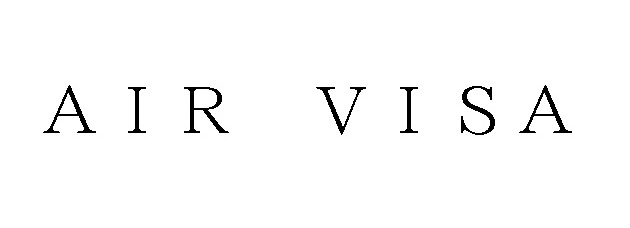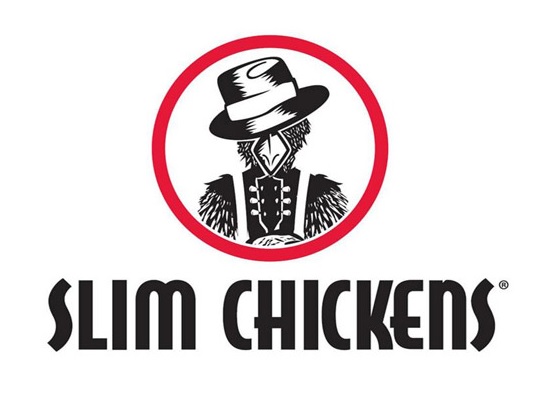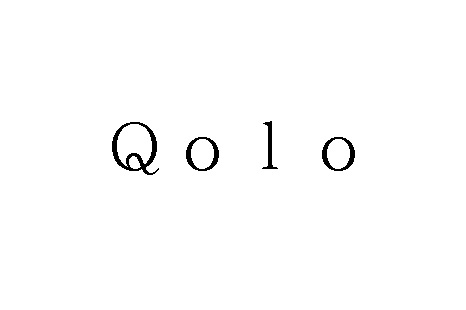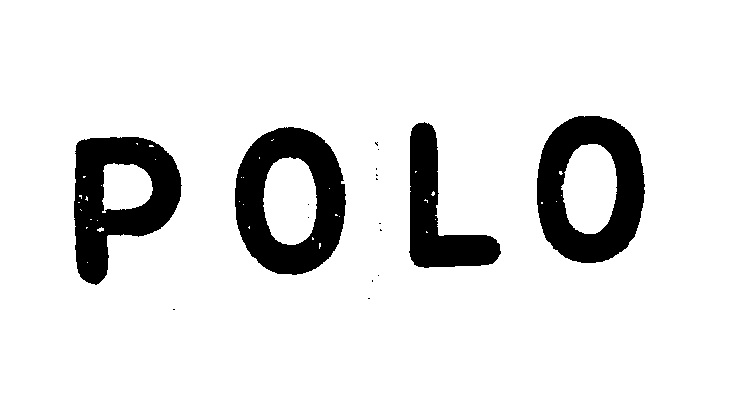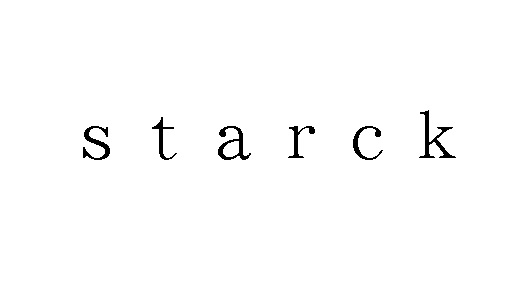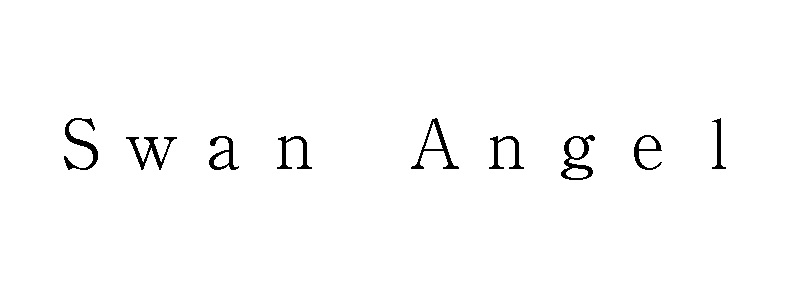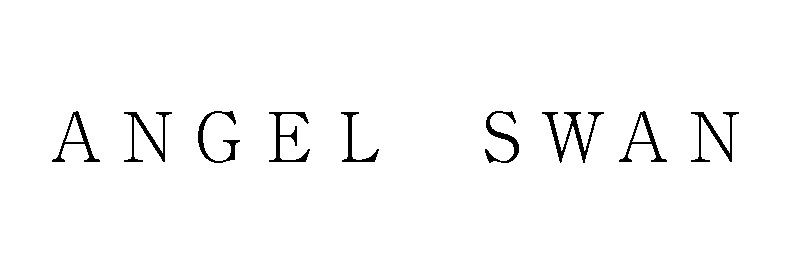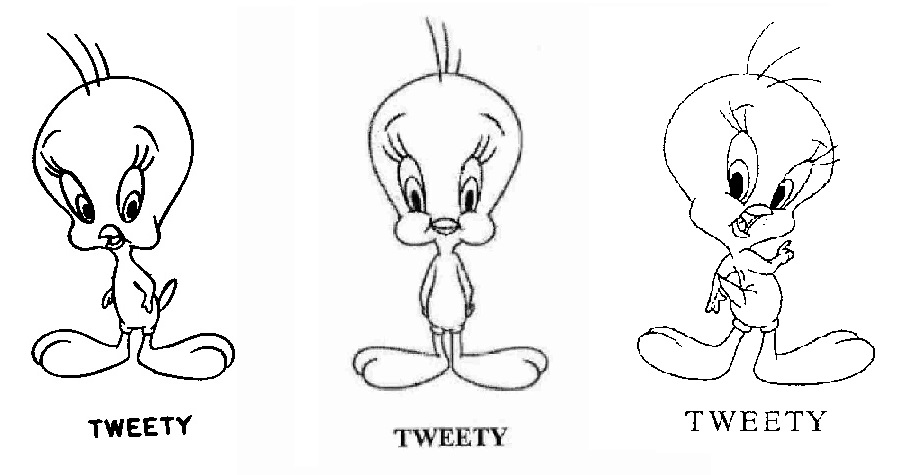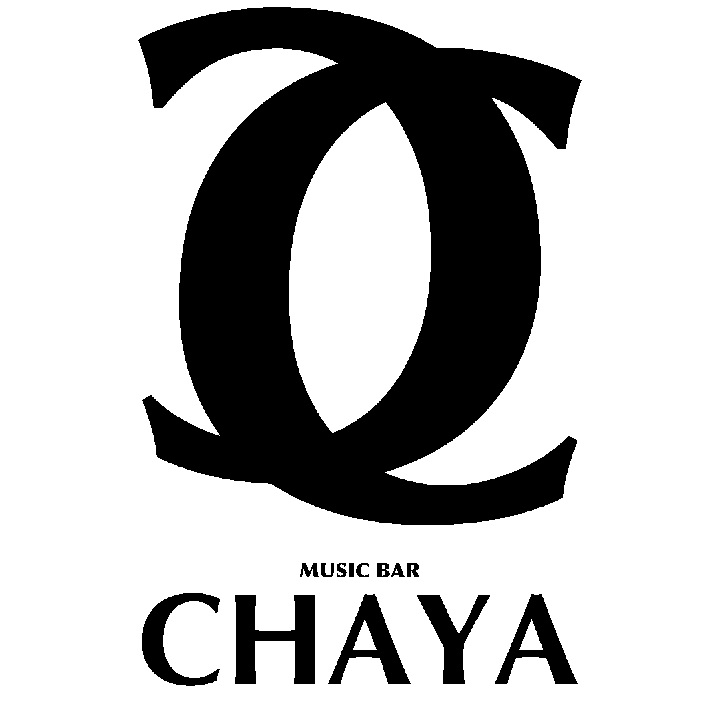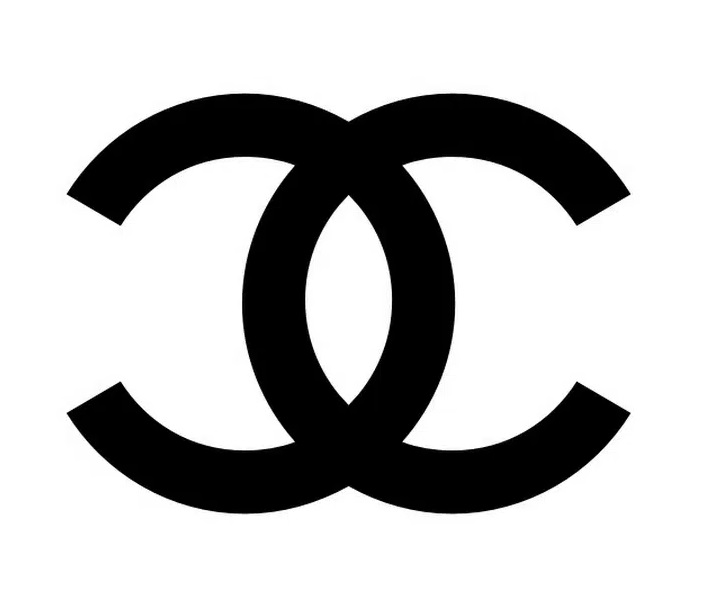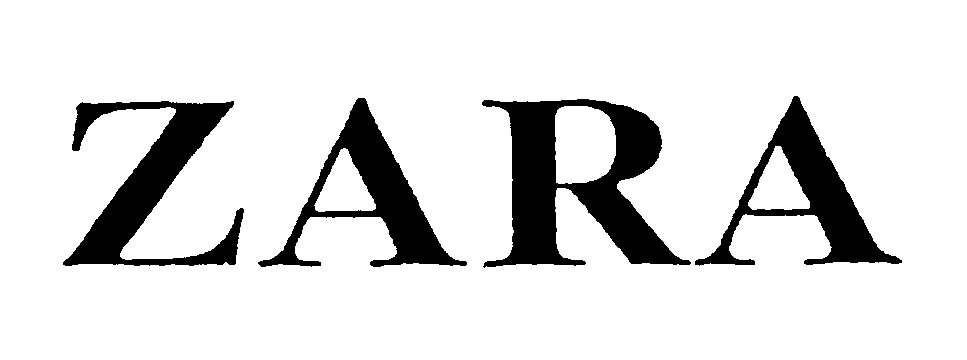The Japan Patent Office (JPO) dismissed a trademark opposition filed by Volvo Trademark Holding AB against TM Reg no. 6602236 for the mark “VOLVOX” due to the dissimilarity of the mark and unlikelihood of confusion with “VOLVO”.
[Opposition case no. 2022-900449, Gazette issued date: June 30, 2023]Opposed mark
The opposed mark (see below) was filed in the name of VOLVOX Co., Ltd. for use on advertising and publicity services in class 35 with JPO on March 4, 2022.
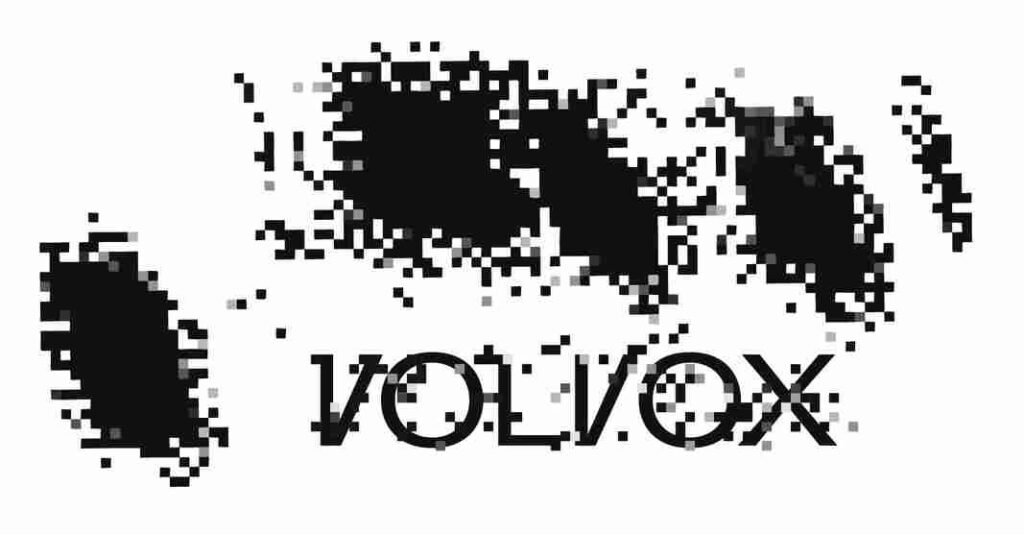
The JPO granted protection of the opposed mark on August 8, 2022, and published it for post-grant opposition on August 25, 2022.
Opposition by VOLVO
Volvo Trademark Holding AB filed an opposition against the opposed mark on October 25, 2022, before the lapse of a two-month statutory period counting from the publication date and claimed the opposed mark shall be canceled in contravention of Article 4(1)(x), (xi) and (xv) of the Japan Trademark Law by citing earlier TM Reg no. 4729933 for wordmark “VOLVO” in standard character covering advertising and publicity services in class 35 and others.
VOLVO argued the literal element of the opposed mark “VOLVOX” is confusingly similar to “VOLVO” from visual, aural, and conceptual points of view by taking account of the remarkable reputation of “VOLVO” as a source indicator of VOLVO cars. If so, it is likely that relevant consumers confuse a source of the service in question bearing the opposed mark with the opponent.
JPO decision
The Board admitted that the “VOLVO” mark has acquired a substantial degree of reputation and popularity as a source indicator of VOLVO cars among relevant consumers.
However, the Board negated the similarity between “VOLVO” and “VOLVOX” by stating:
“The opposed mark gives rise to a sound of ‘vol-voks’ and a meaning of ‘freshwater green algae of the genus’. In the meantime, the cited mark has the sound of ‘Volvo’ and the meaning of ‘brand name of automobiles manufactured and sold by VOLVO’. The difference arising from the presence of the letter “X” and figurative elements would be anything but visually negligible. Likewise, both marks are aurally distinguishable due to the difference in the number of sounds and sound structure. Conceptually, there is no doubt to cause confusion because of clear distinction in respective meaning.”
By taking into consideration a lower degree of similarity between the marks, the Board found that relevant consumers are unlikely to associate and confuse the opposed mark with VOLVO even when used on services in question.
Based on the foregoing, the Board dismissed the opposition entirely and decided that the opposed mark “VOLVOX” shall remain valid as the status quo.

